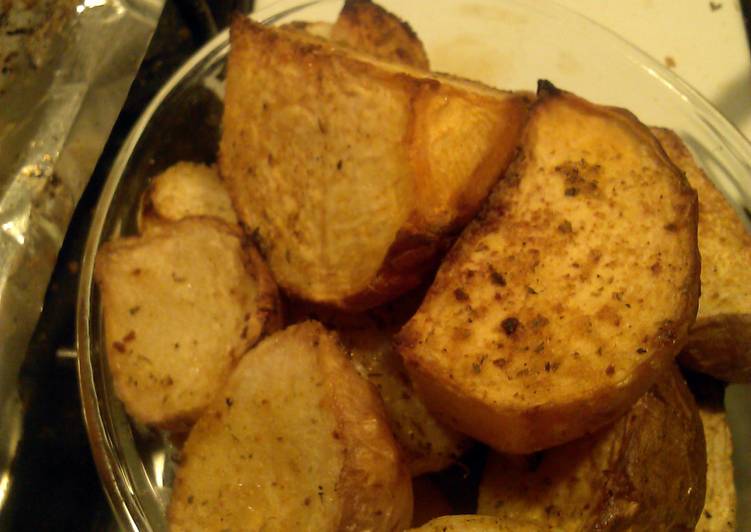Baked turnips and rutabega with shallots. Serve the shallots at room temperature. Drain the turnips, and puree (in several batches, if necessary) in a food processor. Turnips and rutabagas are both members of the cabbage family, Brassica.
 The rutabaga, swede (from Swedish turnip), or yellow turnip is a root vegetable that originated as a cross between the cabbage and the turnip. Root vegetable commonly grown in temperate climates worldwide for its white, bulbous taproot. Small, tender varieties are grown for human consumption. You can cook Baked turnips and rutabega with shallots using 6 ingredients and 4 steps. Here is how you achieve it.
The rutabaga, swede (from Swedish turnip), or yellow turnip is a root vegetable that originated as a cross between the cabbage and the turnip. Root vegetable commonly grown in temperate climates worldwide for its white, bulbous taproot. Small, tender varieties are grown for human consumption. You can cook Baked turnips and rutabega with shallots using 6 ingredients and 4 steps. Here is how you achieve it.
Ingredients of Baked turnips and rutabega with shallots
- It's of rutabega.
- It's of turnips.
- It's of shallot.
- It's of italian dressing.
- You need of olive oil cooking spray.
- You need of white wine vinager.
Roast the Veggies: Line a baking sheet with turnips (cut side down) and rutabaga wedges. Drizzle with olive oil and toss to coat. A Rutabaga is a root vegetable that is commonly referred to as a turnip. Bring a pot of water to boil.
Baked turnips and rutabega with shallots instructions
- Slice turnips and rutabegas into quarters. Place in sauce pan and boil. about 10 min remove from heat. Slice shallots thinly and set aside. on a cookie sheet cover with foil. Place turnips and rutabegas quaters on cookie sheet layer with shallot slices and sprinkle the italian dressing mix over vegatables. Spray lightly with olive oil cooking spray- 2 dashes of white wine vinigar and bake 40 min at 375°F. Serve when edges are crisp and golden brown..
- .
- .
- .
Stir the shallots occasionally to make sure they brown evenly. Remove them from the oil with a slotted spoon, drain well, and spread out to cool on paper towels. Rest rutabaga on the sliced side for stability. Holding rutabaga firmly with a dish towel, cut into several slices using a rocking motion with rutabaga and knife. The rutabaga (/ˌruː.təˈbeɪ.ɡə/) (North American English), swede (Southern English and some Commonwealth English), neep (Scottish), turnip (in some Canadian English and Northern English.
